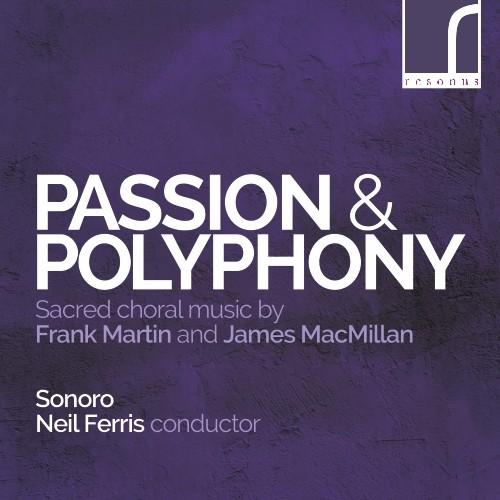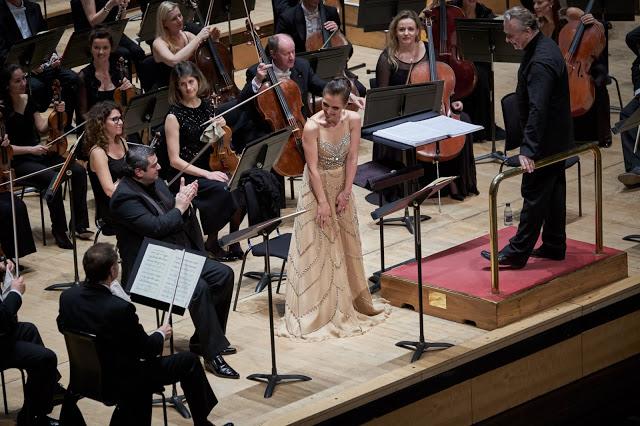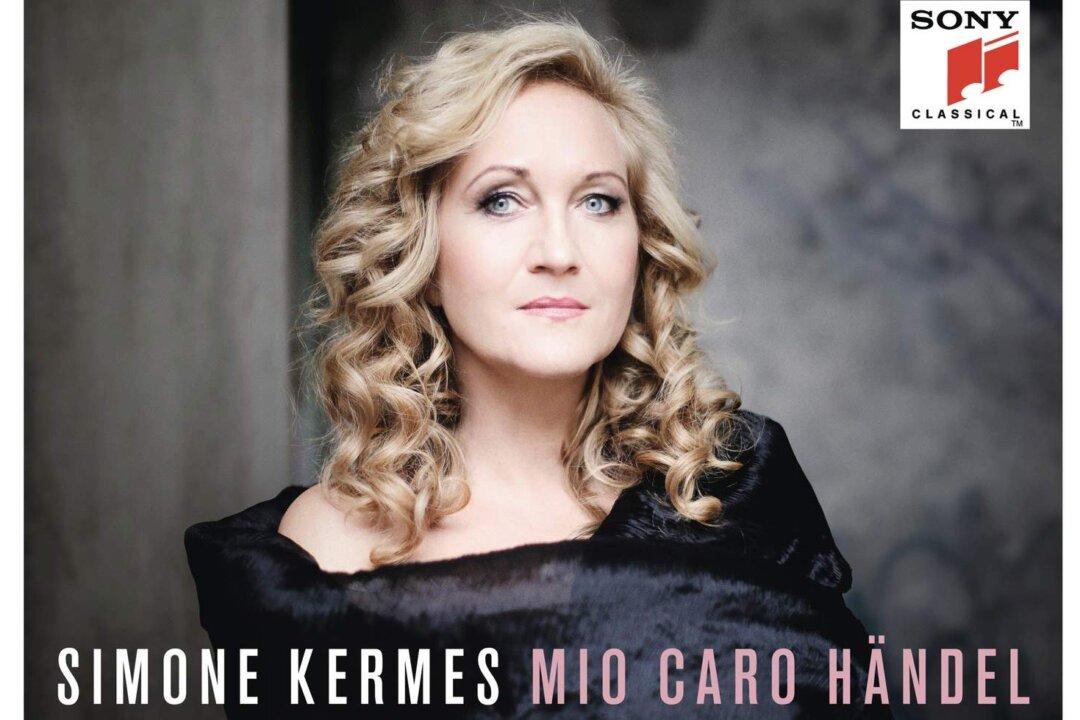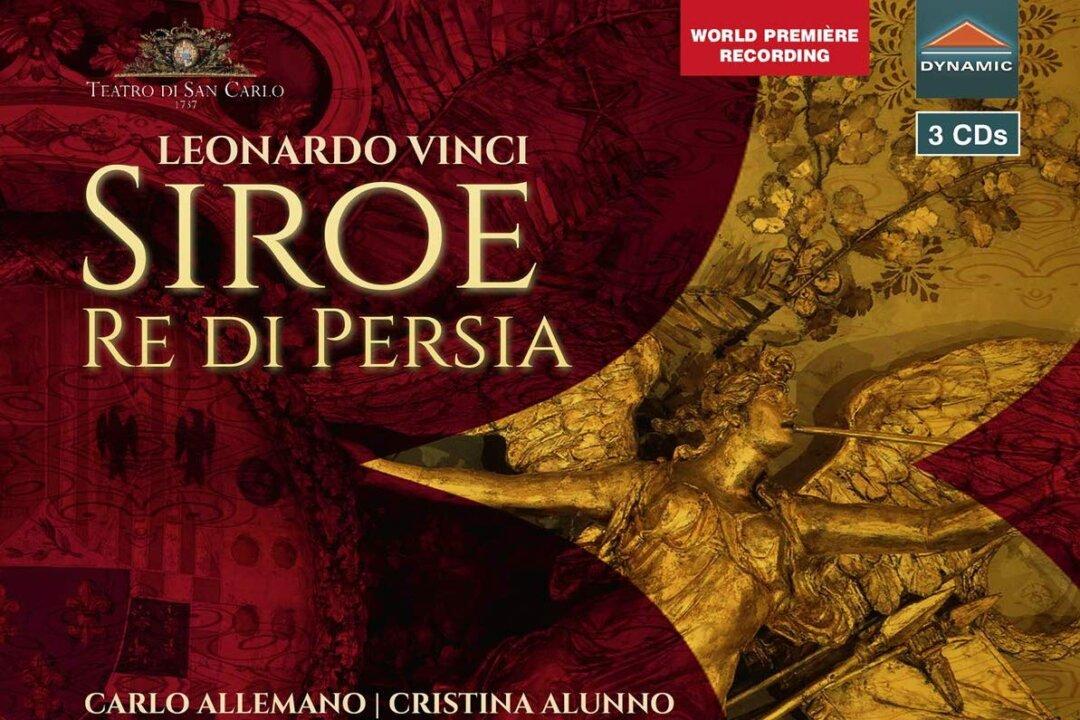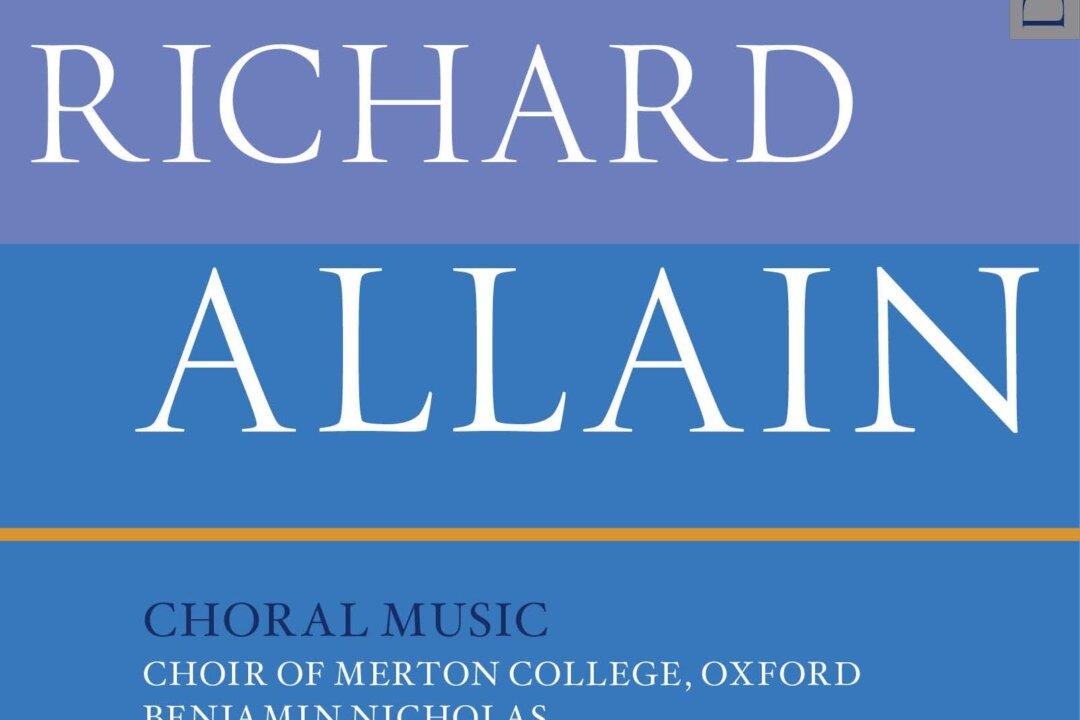It sometimes seems as if London might have a finite pool of professional singers, with familiar faces cropping up in a variety of different ensembles. But the combination of conductor and a particular lineup of personnel can create striking differences.
The choir Sonoro (made up of 20 professional singers), conducted by Neil Ferris, has the explicit intention of creating a very particular sound quality. As might be expected from its name, Sonoro is designed to have a rather more sonorous sound quality with a greater use of vibrato.

